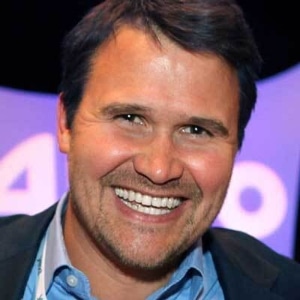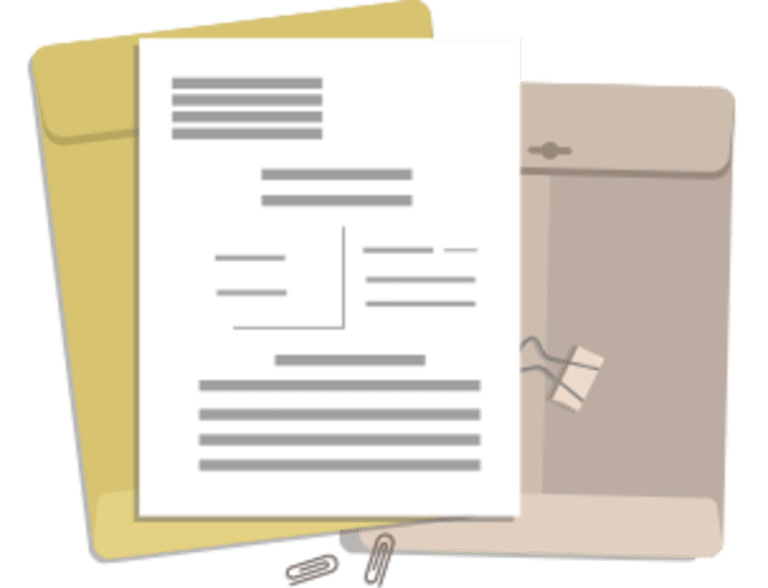At this point, rhapsodizing about the Clio Cloud Conference feels a bit overdone.[1] It’s huge. It’s fun. The food is good. The speakers rock. I’ve said it before and I’ll say it again: Clio throws a great party.
What hasn’t been done, what felt new to me about this year’s Clio Cloud Conference, was when Clio CEO Jack Newton dropped one of the most persuasive articulations of the business opportunity of the latent legal market that I’ve ever heard.
Let’s be clear: this argument is not rocket science. In fact, I’ve seen this movie before. And so has a large chunk of the Clio Conference audience. But Newton did two things that galvanized the audience in a way I hadn’t seen before.
But first a bit of background: Newton framed this discussion using the startup/venture capital concept of product/market fit. Well-known venture capitalist Marc Andreessen defined the term as a connection between a product that one is offering for sale and the market into which one is trying to sell the product. Product/market fit is one of the first key steps to building a successful business venture. He continued by explaining that entrepreneurs are business people who have an idea for a product – and ultimately a business – in search of product/market fit. Entrepreneurs find product/market fit through deep customer research and relentless experimentation and iteration.
Now back to the conference.
Access is a product/market fit problem
First, Newton started the discussion by sharing well-known stats about the US legal market: 77% of legal problems don’t receive legal assistance and yet 81% of lawyers say that they don’t have enough work. The problem, Newton proclaimed, is one of product/market fit. In one of his better laugh lines of the talk, Newton said “When Howard Schultz started Starbucks he wasn’t thinking about an ‘access to coffee’ gap.” Instead, Schultz saw a product, high-quality coffee, and a market, American consumers, in misalignment. Starbucks was his answer to this misalignment, his attempt to improve the product/market fit of high-quality coffee to American consumers.
The Clio Cloud Conference audience is one that’s open to new ideas and, even, to being challenged. But as Newton explained the market opportunity of millions of people who would probably pay something for legal help but couldn’t or didn’t know how to find it, I could almost feel the eyes of audience members’ getting wide.
Every lawyer an entrepreneur
But it was what he said next that made me want to stand up and rush, Braveheart-style, out into the San Diego sunshine. Having explained that the lack of product/market fit meant there was more than a trillion dollars in unmet legal opportunity, Newton turned to the audience and told them that the legal professional, every legal professional, is or should be an entrepreneur. Every lawyer should be relentlessly experimenting and iterating toward improved product/market fit for the legal sector.
When venture capitalists talk about new ventures and product/market fit they’re often hoping for a big, category-winning businesses – such as Microsoft in desktop software, Google in internet search, or Amazon in online commerce. However, a more common scenario is one in which a small number of solutions – like we’ve seen in ridesharing – or even a large number of solutions – as have emerged in the restaurant rating and reservations or online file sharing space – emerge.
I’m sure that Clio would prefer to be the Amazon of legal services (don’t be so sure that it won’t happen, by the way). But if Newton’s vision of hundreds or thousands of lawyers, each experimenting and iterating toward product/market fit in legal services, is realized then a landscape comprised of a wide variety of legal professional founded and led solutions, not unlike the one we’re both on right now, seems much more likely.
The access problem is not an externality. It’s not an unavoidable cost of a hard-won though archaic legal system. It’s a result of a misalignment between the legal services product or products currently offered and market of legal consumers looking for help. And more importantly for attorneys, it’s an opportunity to grow profitable businesses, find meaning in their work, and help more people.
Kudos to Clio CEO Jack Newton for articulating this vision so well. And I wish him and the team at Clio nothing but luck in inspiring lawyers and regulators to embrace and execute it.



















